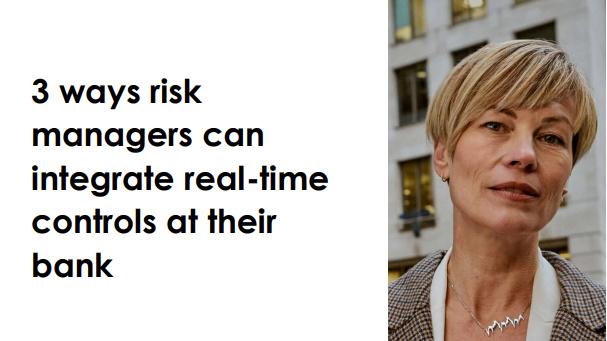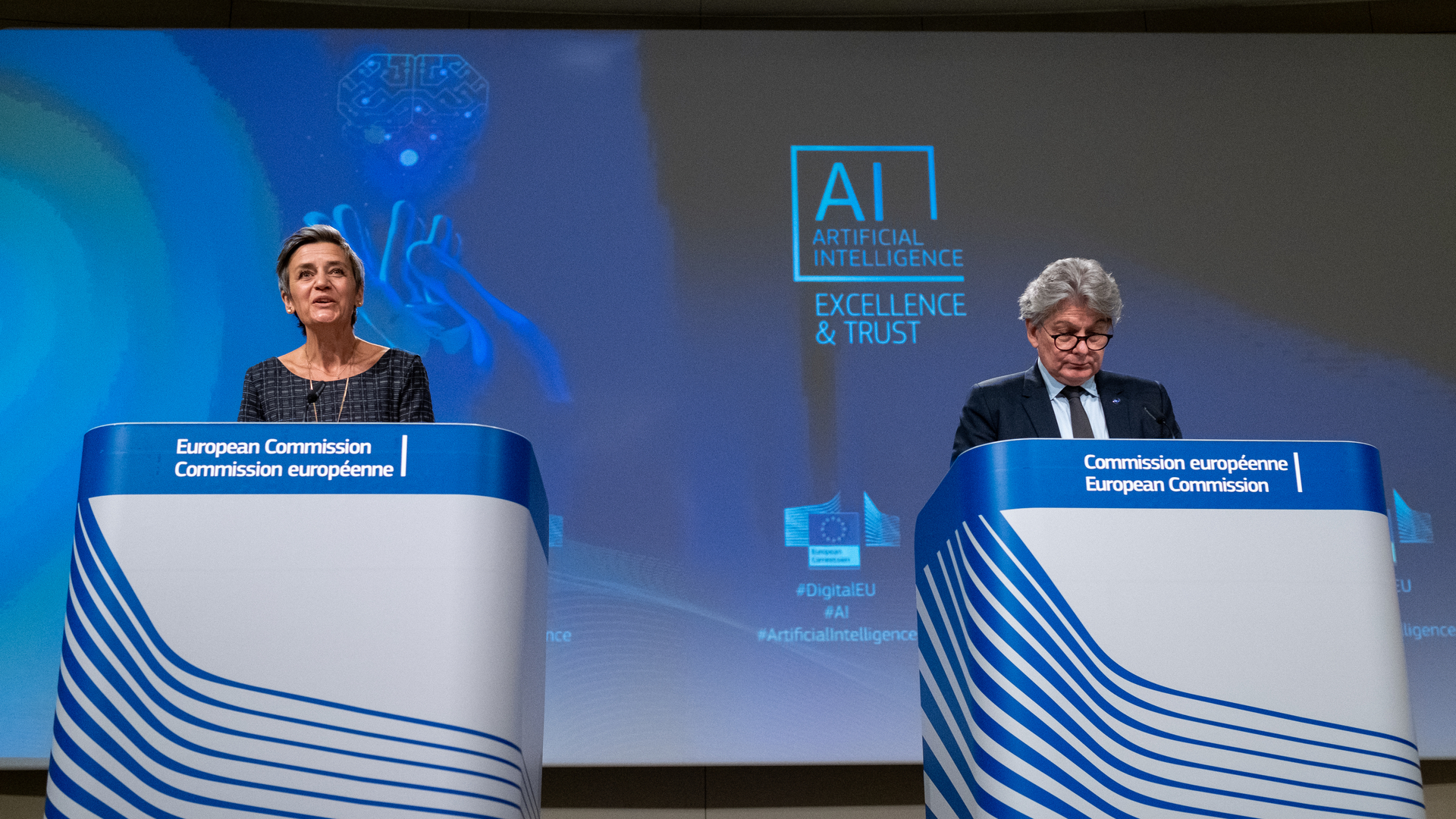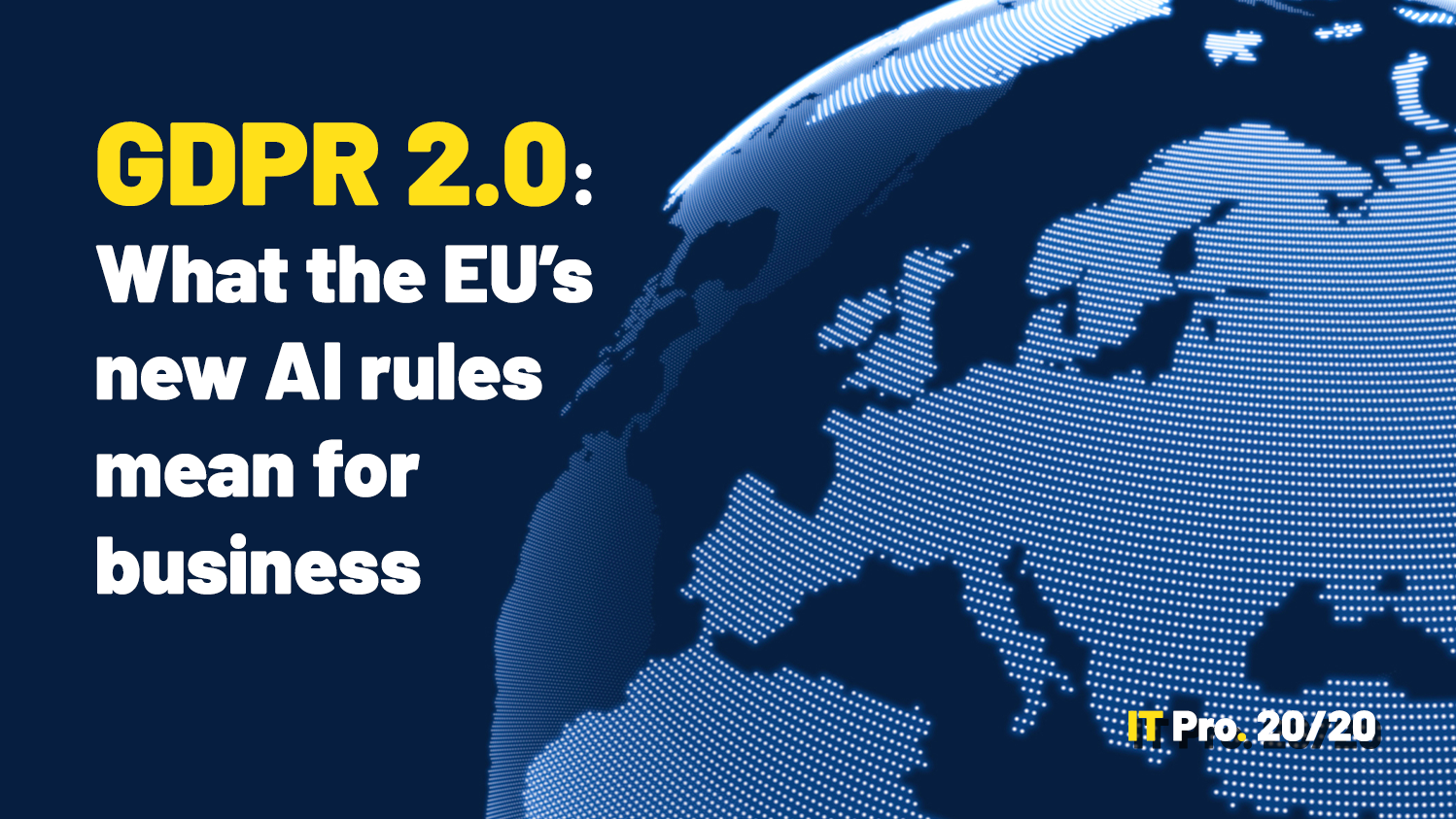Tech pioneers call for six-month pause of "out-of-control" AI development
The call to action follows rising concerns over the potential risks of powerful new generative AI systems


A score of tech pioneers have signed an open letter calling for a halt to advanced artificial intelligence (AI) development.
The open letter from the Future of Life Institute has received more than 1,100 signatories including Elon Musk, Turing Award-winner Yoshua Bengio, and Steve Wozniak.
It calls for an “immediate pause” on the “training of AI systems more powerful than GPT-4" for at least six months.
According to the institute, the call to action comes in direct response to the rapid acceleration of generative AI technologies currently being rolled out by major industry players such as Microsoft and Google.
The letter argued that while this wave of innovation continues, there is a distinct lack of corporate and regulatory safeguards currently in place to moderate generative AI development, which poses significant risks to society.
“As stated in the widely endorsed Asilomar AI Principles, advanced AI could represent a profound change in the history of life on Earth and should be planned for and managed with commensurate care and resources,” the letter read.
“Unfortunately, this level of planning and management is not happening, even though recent months have seen AI labs locked in an out-of-control race to develop and deploy ever more powerful digital minds that no one – not even their creators – can understand, predict, or reliably control.”
Get the ITPro daily newsletter
Sign up today and you will receive a free copy of our Future Focus 2025 report - the leading guidance on AI, cybersecurity and other IT challenges as per 700+ senior executives
The recommended six-month pause on development should be “public and verifiable”, the institute said, and include collaboration between “key actors” in the tech industry to jointly develop and implement a “set of shared safety protocols for advanced AI design”.
In addition, once implemented, the safeguards should be “rigorously audited and overseen by independent outside experts”.
“These protocols should ensure that systems adhering to them are safe beyond a reasonable doubt. This does not mean a pause on AI development in general, merely a stepping back from the dangerous race to ever-larger unpredictable black-box models with emergent capabilities.”
Responsible AI development
The publication of this open letter follows calls from a range of industry stakeholders highlighting the growing importance of responsible and ethical AI development.
RELATED RESOURCE

Six steps to machine learning success
The path toward leveraging the full power of machine learning
Last week, Mozilla announced the launch of a new open-source AI startup, dubbed Mozilla AI, which aims to bring together developers, researchers, and policymakers to encourage the development of ‘trustworthy AI’.
Mark Surman, executive president at Mozilla, told IT Pro the organisation hopes to position the startup as a counterweight to the dominance of Microsoft and Google, both of which are investing heavily in generative AI.
Surman suggested that the acceleration of generative AI products in recent months poses serious risks to both businesses and society alike, with developers often failing to consider the potential negative impact these technologies can have on individuals and public discourse.
Alongside industry action, the open letter called for AI developers to work with policymakers to “dramatically accelerate [the] development of robust AI governance systems”.
These governance systems should “at a minimum” include:
- New and capable regulatory authorities dedicated to AI
- Oversight and tracking of highly capable AI systems and large pools of computational capability
- Provenance and watermarking systems to help distinguish real from synthetic and to track model leaks
- A robust auditing and certification ecosystem
- Liability for AI-caused harm
- Robust public funding for technical AI safety research
- Well-resourced institutions for coping with the dramatic economic and political disruptions (especially to democracy) that AI will cause
In recent months, the topic of AI regulation has been debated repeatedly. In the UK, policymakers are considering how to forge a balanced approach to generative AI that places a focus on responsibility while enabling innovation and growth.
The UK government’s AI white paper, published today, outlined plans to guide the responsible development of AI while taking a pro-innovation stance.
The government said it will avoid implementing “heavy-handed legislation” that could stifle innovation, instead opting for an “adaptable approach to regulating AI”.
“This approach will mean the UK’s rules can adapt as this fast-moving technology develops, ensuring protections for the public without holding businesses back from using AI technology to deliver stronger economic growth, better jobs, and bold new discoveries that radically improve people’s lives,” the government said in a statement.
Signatories deny involvement
The publication of the open letter has sparked controversy among purported signatories, with some revealing that their names had been added without consent.
Yann LeCun, chief AI scientist at Meta, refuted claims that he had signed the open letter in a tweet today while others have followed suit.
“Nope. I did not sign this letter,” he said. “I disagree with its premise.”
Since its publication, the names of other signatories have begun “disappearing”, according to analysis of the letter from Semafor journalist, Louise Matsakis. However, prominent names including Elon Musk, Steve Wozniak, and Yoshua Bengio still remain, prompting confusion.

Ross Kelly is ITPro's News & Analysis Editor, responsible for leading the brand's news output and in-depth reporting on the latest stories from across the business technology landscape. Ross was previously a Staff Writer, during which time he developed a keen interest in cyber security, business leadership, and emerging technologies.
He graduated from Edinburgh Napier University in 2016 with a BA (Hons) in Journalism, and joined ITPro in 2022 after four years working in technology conference research.
For news pitches, you can contact Ross at ross.kelly@futurenet.com, or on Twitter and LinkedIn.
-
 Bigger salaries, more burnout: Is the CISO role in crisis?
Bigger salaries, more burnout: Is the CISO role in crisis?In-depth CISOs are more stressed than ever before – but why is this and what can be done?
By Kate O'Flaherty Published
-
 Cheap cyber crime kits can be bought on the dark web for less than $25
Cheap cyber crime kits can be bought on the dark web for less than $25News Research from NordVPN shows phishing kits are now widely available on the dark web and via messaging apps like Telegram, and are often selling for less than $25.
By Emma Woollacott Published
-
 Three ways risk managers can integrate real-time controls to futurize operations at the bank
Three ways risk managers can integrate real-time controls to futurize operations at the bankWhitepaper Defining success in your risk management and regulatory compliance
By ITPro Published
-
 GDPR 2.0: What do Europe’s new AI rules mean for businesses?
GDPR 2.0: What do Europe’s new AI rules mean for businesses?In-depth Although they target 'high-risk' use cases, swathes of organisations could be affected
By Carly Page Published
-
 IT Pro 20/20: What the EU's new AI rules mean for business
IT Pro 20/20: What the EU's new AI rules mean for businessIT Pro 20/20 The 17th issue of IT Pro 20/20 considers the effect of new regulations on the IT industry
By Dale Walker Published
-
 Taming the machine: AI Governance
Taming the machine: AI GovernanceIn-depth As machine learning expands, ensuring these tools are properly managed is a critical priority for all businesses
By David Howell Published
-
 IT Pro 20/20: The future of augmentation
IT Pro 20/20: The future of augmentationIT Pro 20/20 The ninth issue of IT Pro 20/20 looks at our changing relationship with augmentation technology
By Dale Walker Published
-
 The House of Lords will never bring tech giants to book
The House of Lords will never bring tech giants to bookOpinion The multiple ways politicians have tried to regulate social media are uniformly daft
By Barry Collins Published
-
 Apple co-founder Wozniak echoes sexist Apple Card allegations
Apple co-founder Wozniak echoes sexist Apple Card allegationsNews Consumers claim Apple credit limits are ten times larger for men
By Connor Jones Published
-
 Twitter shuts down 125,000 ISIS-related accounts
Twitter shuts down 125,000 ISIS-related accountsNews Social network emphasises its commitment to combatting extremism
By Aaron Lee Published